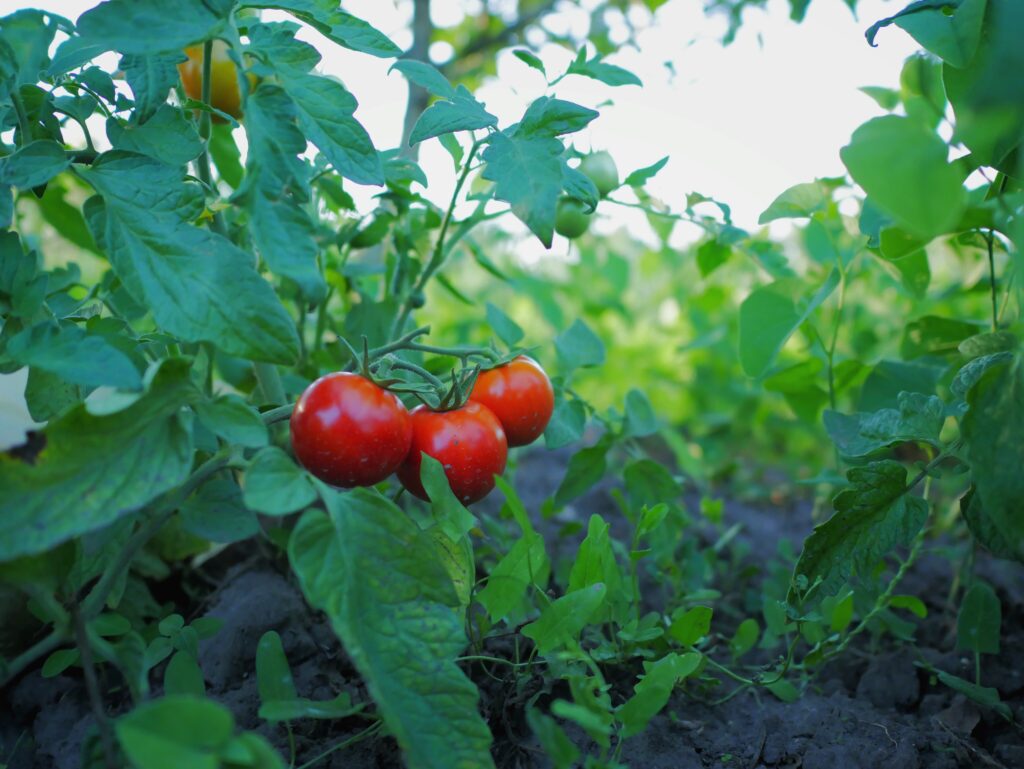Summary of Combined applications of endophytic fungi and vegetal extracts improve crop productivity and economic profitability in processing tomato
Biostimulant Effects on Tomato: Enhancing Yield and Fruit Quality
Understanding Biostimulant Effects on Tomato Growth
Plant biostimulants, including microbial and non-microbial products, are increasingly applied in agriculture to improve crop performance. They enhance nutrient uptake, stimulate plant growth, and help plants cope with abiotic stresses. Therefore, studying the biostimulant effects on tomato is essential for growers aiming to achieve sustainable and productive cultivation.
Field Study: Evaluating Biostimulant Impacts on Tomato
An open field trial was conducted on processing tomato (Solanum lycopersicum L.) to assess how biostimulants influence yield, fruit quality, and economic outcomes. Two treatments were compared: untreated control plants and those receiving biostimulants, including mycorrhizal fungi, Trichoderma koningii, and vegetal extracts applied via fertigation during the growing season. By observing plant growth, nutritional status, and fruit composition, researchers could quantify the practical benefits of these applications.
Yield and Quality Enhancements from Biostimulants
The trial showed a 15% increase in marketable yield for biostimulant-treated plants compared to the control group. Interestingly, this improvement was due to higher mean fruit weight rather than fruit number. Furthermore, vitamin C and lycopene levels were significantly higher in treated plants, while total soluble solids and pH remained stable. Improved nitrogen uptake contributed to better nutritional status and overall plant vigor, supporting both growth and fruit quality.
Economic and Practical Benefits of Biostimulant Effects on Tomato
By improving both yield and fruit quality, biostimulants provide clear economic advantages to growers. Integrating these sustainable tools into crop management allows producers to increase profitability while promoting environmentally friendly practices. Consequently, understanding the biostimulant effects on tomato helps growers adopt innovative strategies that enhance productivity, fruit quality, and crop resilience.
Publication: Italus Hortus









